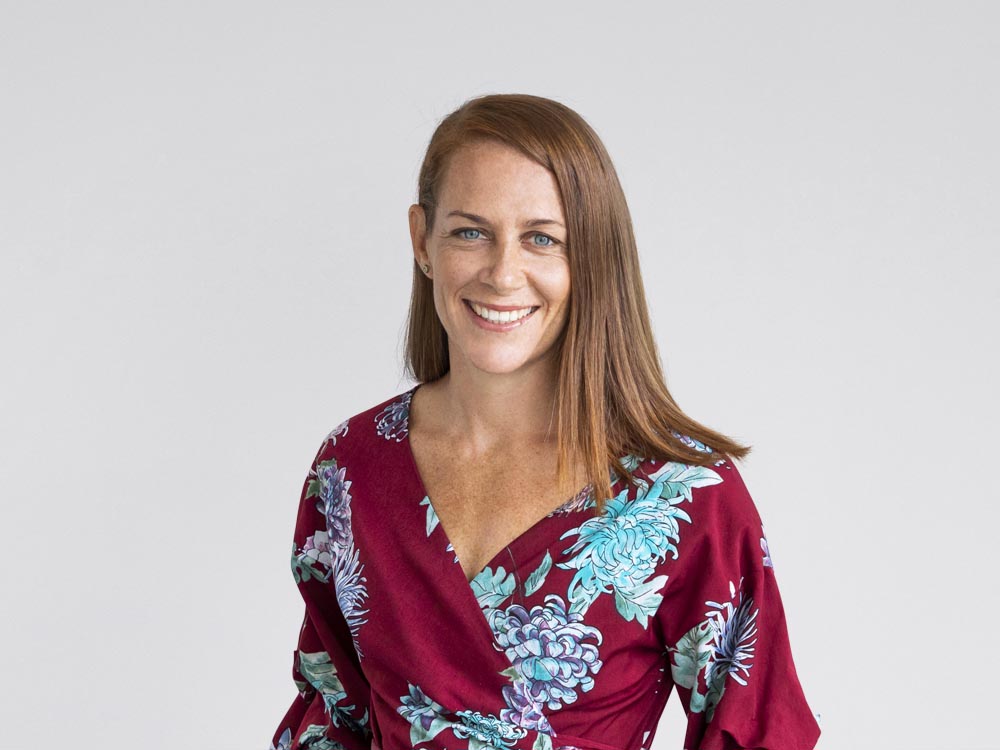Creating long-lasting and sustainable impacts is something that I am personally, deeply committed to – it’s about paving the way for future generations and crafting a legacy of good for our whanau, communities and the country’s ongoing prosperity. It is through this commitment that we prepare Sustainable Impact, a vehicle that helps highlight the issues that our clients and New Zealand are facing as we work towards our country’s 2050 ambitions.
Over the past month, explosive wildfires in California covered a million acres, New York City’s subway flooded for the first time, and unprecedented flooding in West Auckland created havoc. These are just three events that illustrate the latest Intergovernmental Panel on Climate Change (IPCC) report’s stark words in August: ‘It is unequivocal that human influence has warmed the atmosphere, ocean and land. Widespread and rapid changes in the atmosphere, ocean, cryosphere and biosphere have occurred.’
In New Zealand, the Climate Change Commission has also been clear in saying that the time is now to take action to transition to a thriving, climate-resilient and low emissions country. In delivering its first advice to Government, the Commission stated that this transition can begin in earnest as the technology and tools the country needs to get there exist today.
We sat down with some of New Zealand’s leading sustainability thinkers to discuss how it’s possible to make positive impacts across a number of areas. We feature the work that The Warehouse is doing through its Sustainable & Affordable programme while developing a sustainable and ethical supply chain. Westpac shared with us the imperative for all Kiwi businesses to take a sustainable finance approach to their funding, plus what’s involved and the benefits in doing so.
We ask if a Modern Slavery Act should be introduced here in New Zealand, at a time when pressure is building on the Government to create legislation to increase transparency across supply chains and operations. We also examine the local implications, opportunities and likely next steps for companies emerging from the IPCC’s report, described by UN Secretary-General António Guterres as a ‘code red for humanity’. Finally, we take a look at The Chancery Lane Project, a collaborative effort by lawyers and legal professionals around the world to enable climate-conscious contracting, and what our firm is doing to advance this effort here in New Zealand.
I would like to thank everyone who contributed to this publication: in particular The Warehouse Group’s Chief Sustainability Officer, David Benattar, and Head of Sustainable Finance for Westpac NZ, Joanna Silver, for their input into this insightful and necessary read.





